Texas Home Inspector Marketing Strategies: How Texas Home Inspectors Can Win Over Realtors Without Coffee, Donuts, or Small Talk
Let’s face it—most home inspectors know that a huge chunk of their business comes from realtors and brokers. That’s not a secret. But here’s the ugly truth: many inspectors dread the traditional “networking” tactics that involve showing up with a box of donuts, listening to war stories about nightmare clients, or worse—forcing small talk that neither party enjoys.
If the thought of schmoozing over lukewarm coffee makes you break into a sweat, don’t worry. There are smarter, more effective ways to get realtors to not only remember you but to actively recommend you to their clients. Here’s how you can break through the noise, stay top-of-mind, and get the business you deserve—without selling your soul to the pastry industry.
1. Become an Information Powerhouse
If realtors and brokers see you as a valuable resource, they’ll naturally keep you in their orbit. The easiest way to do that? Create content that helps them. Write blog posts (just like this one!) that address the questions their clients frequently ask.
Some blog ideas that will keep you top-of-mind:
- “The 5 Most Common Inspection Surprises That Can Kill a Deal—And How to Prevent Them”
- “What Buyers Need to Know About Texas Foundations (Before They Panic!)”
- “Mold, Termites, and Roof Issues: How to Set Realistic Expectations for Buyers”
Once you’ve created a great blog post, don’t just post it on your website and hope for the best. Join local and state real estate groups on Facebook and LinkedIn, and systematically share your articles where they will provide value. Consistently posting helpful content in these groups will keep you visible to realtors without ever having to pitch yourself directly.
2. Offer “Realtor Cheat Sheets” That Make Their Job Easier
Realtors love anything that saves them time and makes them look like experts. Consider creating quick-reference guides that they can use:
- A one-page “Inspection Red Flags” guide they can give to buyers
- A list of maintenance tips for homeowners to help keep their homes in top shape
- A checklist for pre-listing sellers to avoid last-minute deal-killers
Make these available as downloadable PDFs on a landing page, and share the link in real estate groups or directly with agents you know. The easier you make their job, the more likely they are to refer you.
3. Get Social (Without Being Annoying)
No, you don’t have to dance on TikTok (unless you really want to). But being active on LinkedIn, Facebook real estate groups, and even Instagram can help.
Post short, engaging content like:
- Quick home inspection tips (ex: “How to know if your A/C is on its last leg before summer hits Texas”)
- Photos of crazy things you’ve found during inspections (people love real estate horror stories!)
- Realtor shoutouts when they handle a tricky situation well (they’ll appreciate the recognition)
The key is consistency—posting one or two valuable pieces of content per week keeps you top-of-mind without overwhelming your audience.
4. Host a Short, Value-Packed Webinar
Realtors don’t have time for long-winded presentations, but they do love fast, helpful insights that make them look good to their clients. Offer a 15-20 minute webinar on topics like:
- “How to Prepare Buyers for an Inspection Without Freaking Them Out”
- “Understanding WDI (Wood Destroying Insect) Reports in Texas”
- “Negotiation Strategies When the Inspection Report Looks Scary”
Promote your webinar in real estate groups and through direct outreach. Afterward, provide a quick summary they can reference. This establishes you as a go-to expert.
5. Get Featured on Realtor Newsletters & Podcasts
Many real estate offices send out newsletters or have small podcasts for their agents. Offer to contribute a short expert insight on a timely topic (ex: “How This Year’s Weather is Affecting Home Foundations in Texas”). You’ll be positioning yourself as the go-to expert while reaching a large audience of realtors all at once.
Find out who runs the newsletters or podcasts in your area, and offer a quick, insightful piece of content they can use. This passive exposure builds credibility over time.
6. Create a Realtor VIP Program
Instead of dropping off donuts, build actual business value. Offer:
- Priority scheduling for their clients
- A “Realtor Hotline” for quick, informal pre-inspection questions
- Exclusive Q&A sessions for their office
This makes them feel special while ensuring they send clients your way first. A structured VIP program is a great way to maintain strong relationships without constant outreach.
7. Create an Exclusive “Ask the Inspector” Chat Group
Start a private Facebook or WhatsApp group where realtors can drop quick questions about inspections, home issues, or even tricky client concerns. Being the go-to expert in a group like this builds trust and keeps you front and center without hard selling.
8. Leverage Video for Quick Tips & Walkthroughs
Short, engaging videos explaining common inspection findings (like “Why This Crack in a Foundation Might Not Be a Big Deal”) can be incredibly shareable. Realtors can use these to educate their clients, giving you extra exposure in the process.
9. Offer a “Homebuyer Bootcamp” for Agents
Realtors often struggle to educate their buyers on what an inspection really means. Offer a 30-minute workshop (in person or via Zoom) on “What Every Realtor Should Know About Home Inspections.” This makes you a resource, not just a vendor.
10. Partner With Local Real Estate Schools
New realtors need to build their network—and fast. Reach out to real estate licensing schools and offer to give a short, helpful talk on inspections. This builds relationships before they even start closing deals.
Final Thoughts
Realtors and brokers don’t need another generic inspector handing out sugar-laden bribes. They need a trusted, knowledgeable partner who helps them do their job better. By providing valuable content, making their lives easier, and positioning yourself as the expert, you’ll stay top-of-mind—without ever touching a stale croissant.
Now, go claim your spot as the home inspector that realtors actually want to work with (and not just for the free snacks).

